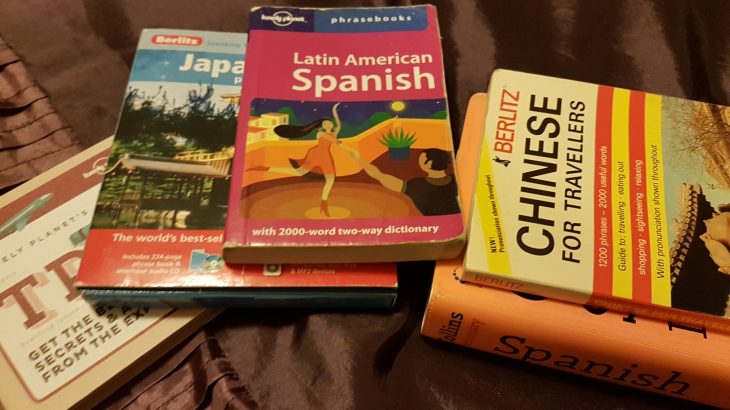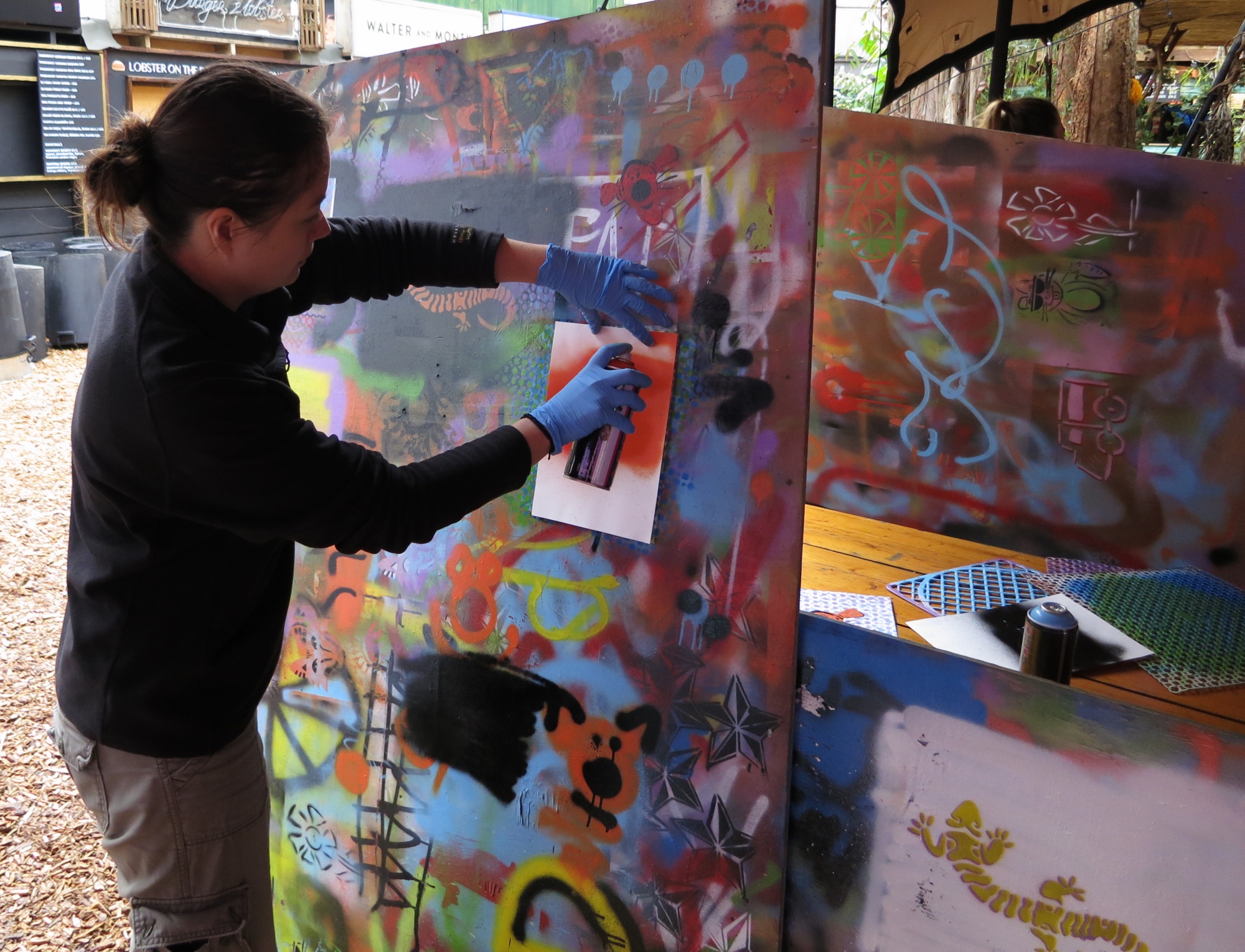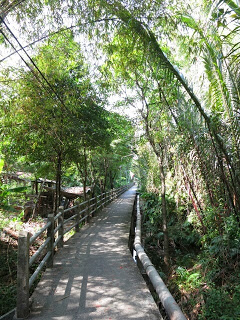It’s great to be an English speaker, as there always seems to be someone who speaks my language in most places around the world. However, I cringe at the thought of believing that “everywhere, someone speaks English”. Even if they did, the local experience that you can get from just a few words or phrases of another language when travelling is always worth the effort.
Back in 2005 I travelled solo through Central America. Before I left I had taken a 2 week Spanish course in Spain, in preparation for that trip. On arrival, I was disappointed to find that very few people spoke any English and the Spanish was somewhat different. Fortunately knowing the basics made it fairly easy to pick up new words and phrases once I’d sussed out the differing pronounciation. I also collected a few laughs along the way, but this just added to the experience.
I therefore highly recommend learning the language when you travel.
Basic words
These days I get by with just a handful of words and phrases everywhere I go. Simply because I will always try to learn basic greetings – starting with: hello, please and thank you. If I’m visiting for longer than a couple of days, then I’ll start to build on this, adding:
Yes
No
Where is the toilet?
The numbers 1 to 10
How much?
Over a longer trip more words and phrases get added. Just the basics are adequate for interaction with locals, although it is possible to get by with a smile.
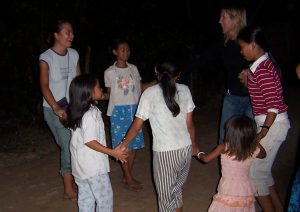
Dancing with Cambodian village children
Translation
A translator app such as Google Translate is a great tool. If you’re interested in the app and others I use on my travels, you can read more in my post – My most used travel apps.
What I like about Google Translate that most is that it is offline. So, if I remember to download the right language ahead of a trip, I will always refer to this. Then sometimes it’s a case of asking people for help with pronounciation.
I find that in some countries it’s a good idea to have written down the main foodstuffs in the local language. It’s always useful to know if something contains or is: chicken, beef, pork, eggs, cheese etc. This way people can point to the appropriate word. This is particularly helpful when non latin script characters are involved, such as Chinese.
Learning
Many of my trips have involved teaching or similar in schools or orphanages and this has often given me an opportunity to learn from the locals. The best experiences also include learning a little of the local cultures as well as the language.
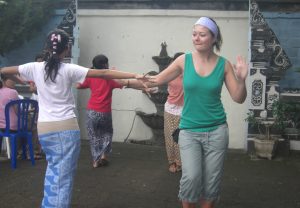
Learning some dance steps in an Balinese orphanage
So, basically my recommendation to you, is to make sure you learn a few words of the local language when you travel. Taking classes or using a dictionary or translator will help, but it’s always easier to learn a language by immersing yourself in local life.
There are many resources available to help you along the way. As a result of learning a little of the language you will definitely have a greater experience as local interaction can really make a trip.
